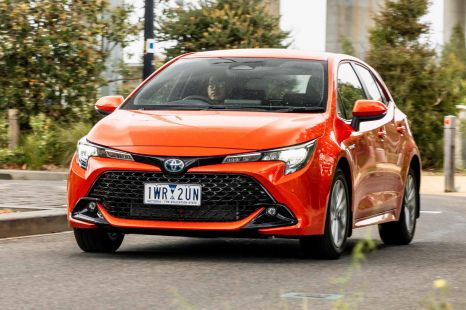

Max Davies
2025 Toyota Corolla SX review
6 Days Ago
Europe is edging closer to imposing greater tariffs on Chinese EVs, but Germany's Chancellor has warned against “illegal customs barriers”.

Contributor
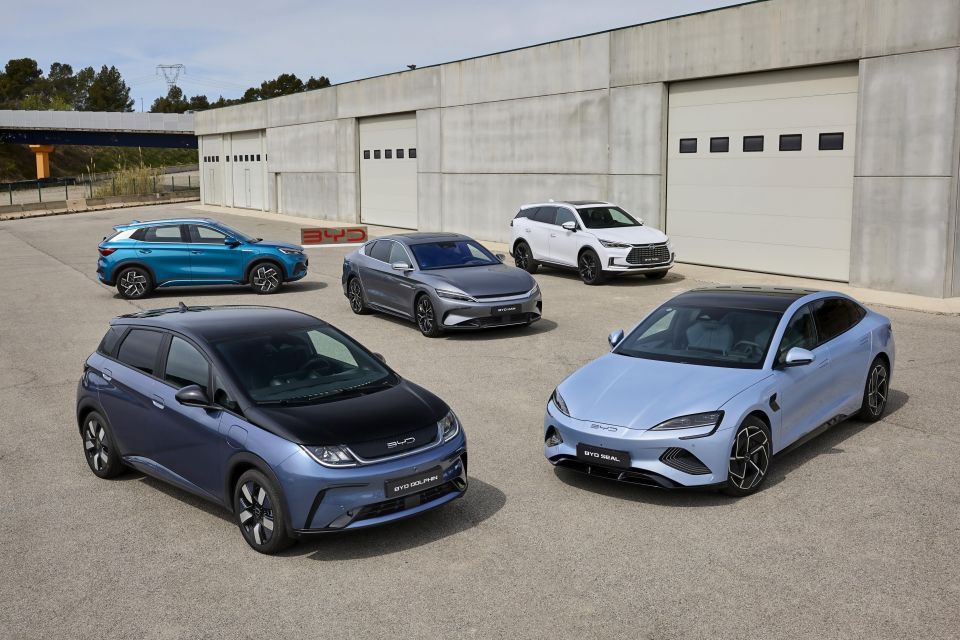

Contributor
A proposed tariff on Chinese electric vehicles (EVs) by European lawmakers has been criticised by the German Chancellor, who labelled increased levies as illegal and isolating.
The European Commission currently places a 10 per cent levy on all vehicle imports, with no specific extra tariffs depending on the country of origin.
However, Reuters reported in March that the European Commission was planning to introduce a system which could result in EVs made in China being hit with tariffs to bring their prices closer in line with similar models built in Europe.
It’s also launched a probe into whether Chinese carmakers have been given a leg-up from the country’s government through subsidies.
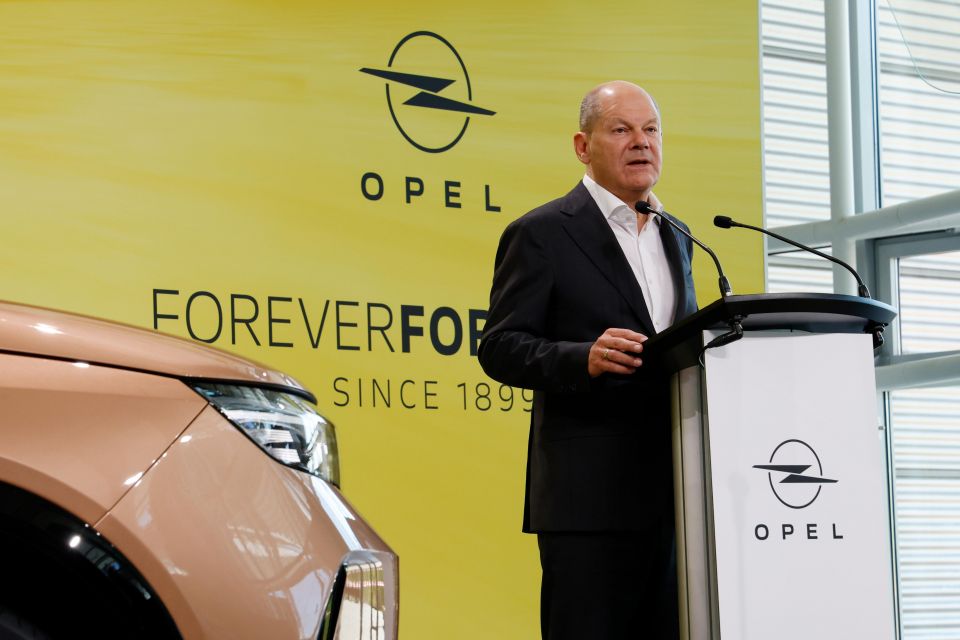
Bloomberg now reports German Chancellor Olaf Scholz has hit out at the proposed tariffs, which pose a threat to the country’s automotive industry that’s bolstered by partnerships with Chinese manufacturers.
“Isolation and illegal customs barriers — that ultimately just makes everything more expensive, and everyone poorer,” Mr Scholz told the media at Opel’s Rüsselsheim factory.
“We do not close our markets to foreign companies, because we do not want that for our companies either.”
Mr Scholz believes the German auto industry still has the ability to compete with Chinese EV makers, provided the market remains “fair and free”.
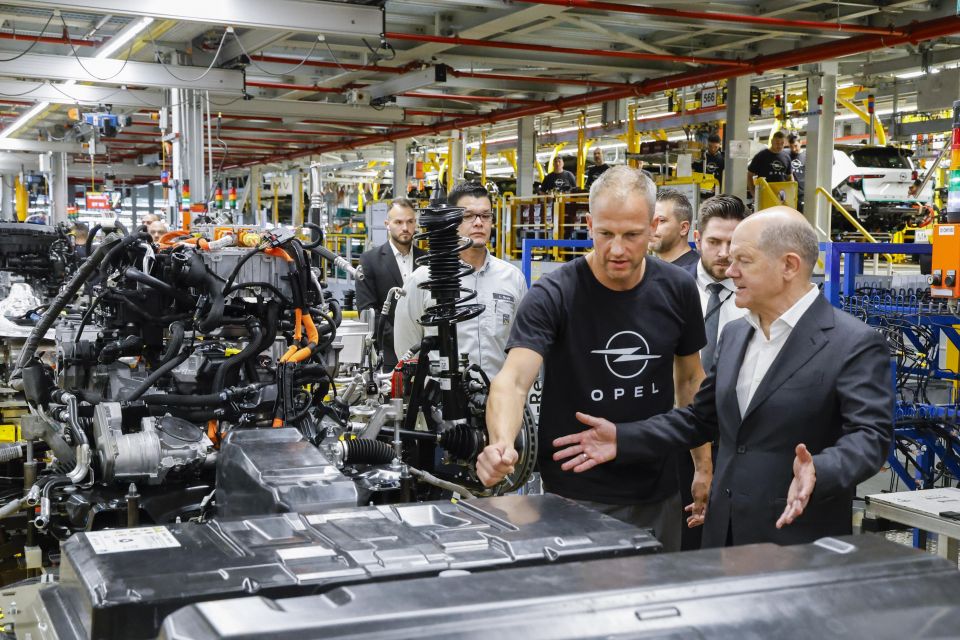
According to Mr Scholz, the German auto industry’s shift to EVs needs to continue to ensure its competitiveness in the future.
“Doubting progress, delaying renewal and transformation – that would have bitter consequences. If we do that, others will overtake us,” he said.
The European Commission is reportedly expected to announce its proposed tariffs this month, however EV sales on the continent have been cooling in recent months, resulting in German giants like Volkswagen and Mercedes-Benz walking back their sales targets.
Last month, a major Chinese car industry lobby group signalled its intention to introduce a 25 per cent tariff on certain vehicles from Europe and the US in response to the two regions’ respective levies on its EVs.
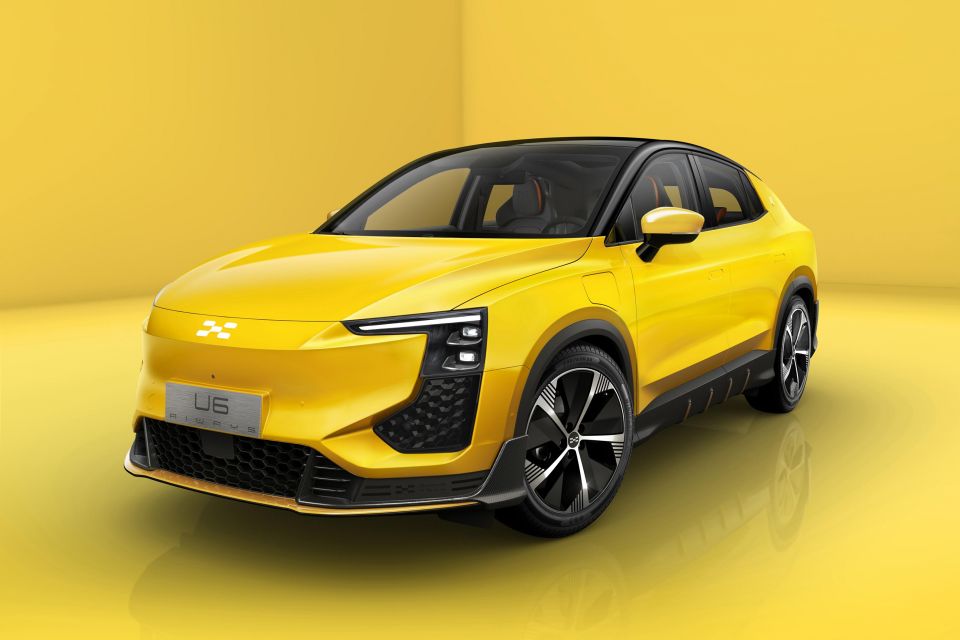
“We suggest that based on the actual situation of China’s auto consumption and WTO rules, China should promote green and low-carbon car consumption through short-term and long-term measures,” Liu Bin, deputy director of China’s Automotive Strategy and Policy Research Centre, told China’s Global Times.
“In the short term, we suggest raising the temporary tariff rate on imported sedans and sport utility vehicles (SUVs) that have engines larger than 2.5 litres, so as to reduce imports and guide consumption expectations.”
China currently places a 15 per cent tariff on European-sourced cars, however numerous European carmakers are set up in the nation through joint ventures with local manufacturers.
MORE: How Europe wants to punish Chinese carmakers MORE: Europe’s influx of affordable Chinese electric cars causes political flashpoint MORE: China fires back in tariff war with Europe and US
Born and raised in Canberra, Jordan has worked as a full-time automotive journalist since 2021, being one of the most-published automotive news writers in Australia before joining CarExpert in 2024.


Max Davies
6 Days Ago
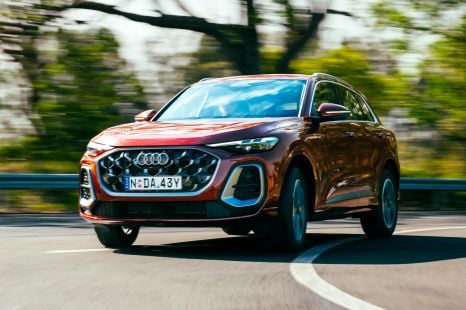

James Wong
4 Days Ago
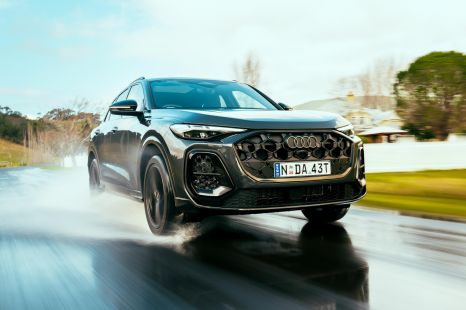

James Wong
4 Days Ago
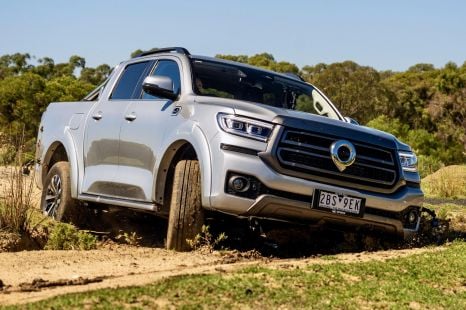

Max Davies
3 Days Ago
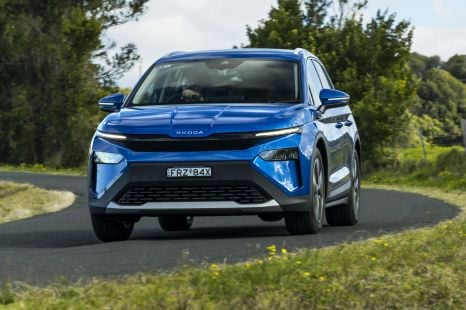

Josh Nevett
1 Day Ago
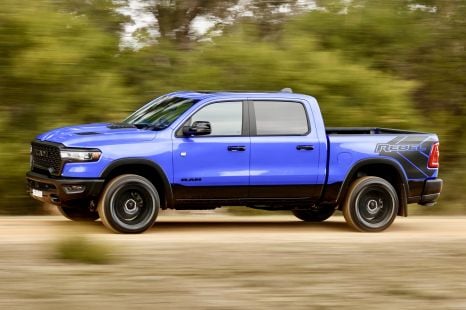

Max Davies
1 Day Ago